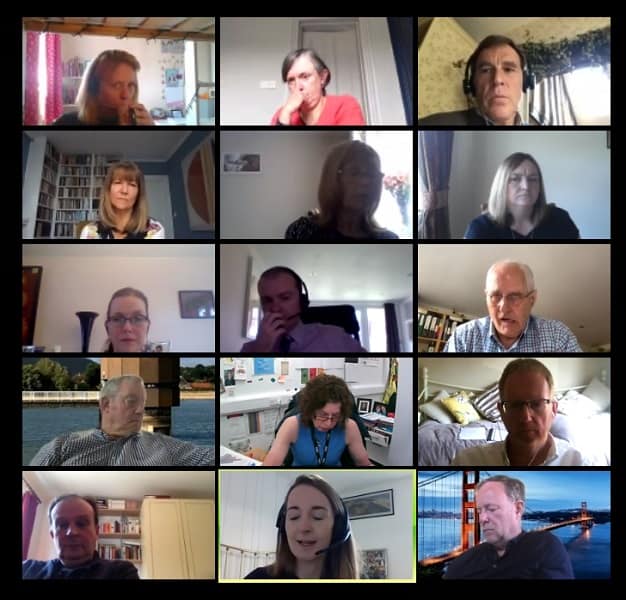
By Local Democracy Reporter Ciaran Duggan
A financial powerhouse has expressed fears over the likely “economic shock” caused by the coronavirus crisis for thousands of businesses across the county.
The South East Local Enterprise Partnership (SELEP) has warned that tens of thousands of businesses in the south east region, including in Kent and Medway, will face a “severe” financial hit over the coming weeks.
Several sectors expected to be hit the hardest include retail, aviation, hospitality, theatres and tourism.
SELEP’s chair, Chris Brodie, said: “If this goes on for another three months the economy could be a in a very different position than it is in today.”
His comments came during a SELEP strategic board meeting where some 15 business leaders and councillors met online, via Zoom, to discuss an alarming economic report on the COVID-19’s damage to local companies.

SELEP is one of 38 partnership bodies across the UK and covers East Sussex, Kent, Medway, Southend and Thurrock. It brings together business, local government and education partners and aims to drive economic growth by setting priorities for investment in the area.
A SELEP report published to the strategic board this week stated: “As the impact of COVID-19 accelerates, the introduction of social-distancing measures is already being felt and will result in a severe economic shock to our economy.
“Clear and decisive action is required by SELEP at this time of economic uncertainty to support businesses across the SELEP area.”
The main issues relate to cash-flow problems for small and medium-sized business; customer shortages due to major UK job cuts and growth in online consumerism as a result of the strict social-distancing laws.
SELEP’s deputy chair Sarah Dance told members “revolutionary” thinking would be needed in the board’s collective response to the health crisis during the global pandemic.
Suggestions included “flexible” deferrals on loan repayments, a 12-month “grace” period on interest charges as well as clearer communication with business leaders over any further Government advice.
Around £22.2m of cash remains unallocated in the local enterprise partnership’s budget. This could be used to bolster companies across the south east region.
Of this, SELEP officers suggested investing £206,500 in local crowdfunding schemes to help struggling firms, but this received widespread disapproval from dubious members.

Kent County Council leader Roger Gough (Con), who was elected to his post last October, said: “Around the crowd funding initiative, I am sceptical. It does not seem to fit with the strategic priorities of the board.”
Kent Invicta’s chamber of commerce chief executive, Jo James, who also opposed the move, added: “We could find that we have been putting money in which is used as a sticking plaster and losing money down the line because the business can’t survive.”
SELEP’s strategic board unanimously agreed to offer “flexibility” on repayments of loans for several schemes.
A 12-month grace-period on interest charges was also universally backed.
In addition, SELEP’s spending commitments on future projects of the Local Growth Fund will continue for at least the next six months, including Thanet Parkway station and the A28 Sturry link road, near Canterbury.

This comes after a major cash injection of £330bn was promised to UK businesses, announced by Chancellor Rishi Sunak last month. KCC’s current loan holders have been given a 12-month repayment free period.
A COVID-19 crisis sub-committee was also considered by the SELEP board, but rejected at the eleventh hour in the favour of more regular meetings involving the whole membership.
Further updates will be provided at SELEP’s full strategic board meeting, scheduled for June 12.

